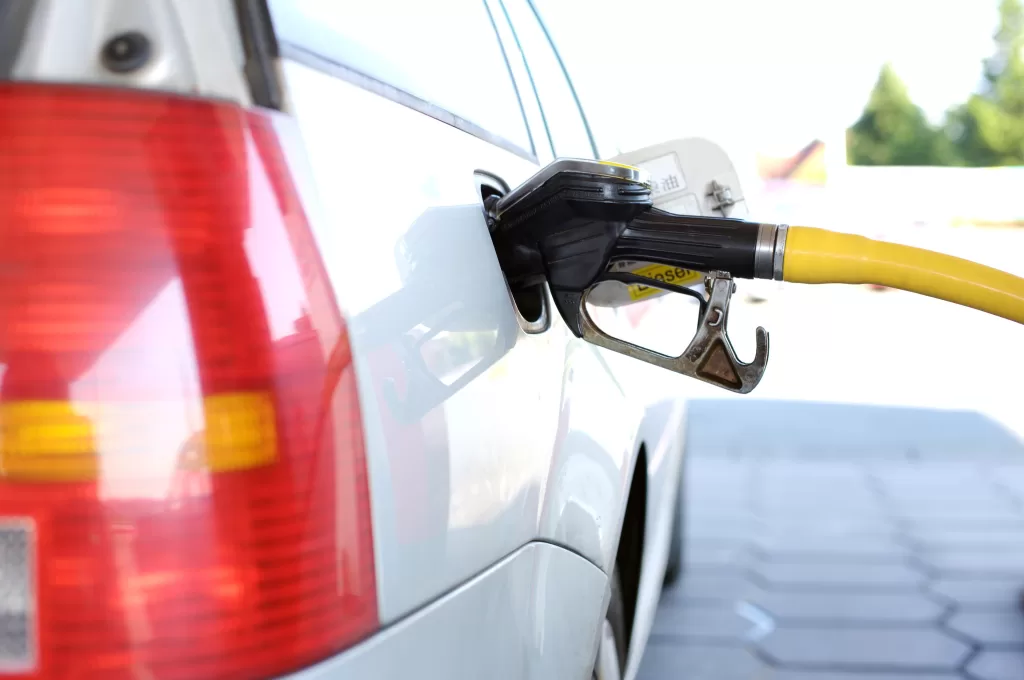Central Energy Fund predictions of yet another fuel drop in September have materialised with prices decreasing from midnight on Tuesday 3 September by as much as 92 cents for petrol.
Henry van der Merwe, Chairman of South African Petroleum Retailers Association (SAPRA), representing the interest of numerous petroleum retailers in South Africa and a proud association of the Retail Motor Industry Organisation (RMI) says the decreases will see Basic Fuel Prices on petrol, diesel and illuminating paraffin dropping as follows:
The fuel price adjustments for September are:
Petrol 93: 92 c decrease.
Petrol 95: 92c decrease.
Diesel (0.05% sulphur): 79c decrease.
Diesel (0.005% sulphur): 105c decrease.
Illuminating paraffin (wholesale): 103c decrease.
Maximum LPGas retail price: 10c per kilogram decrease.
“This is the fourth consecutive month we have seen a decrease with prices continuing to reflect the Rand’s growing strength throughout August against the US Dollar during the period under review as well as the much lower oil price. “The price of 95 petrol has in fact decreased by R3,30 from May – September. The global oil price has proven more balanced in August, despite its own market fluctuations,” says van der Merwe.

“Fluctuating fuel costs impact every sector of society as they directly translate into higher/lower operational costs for businesses and impact the cost of living for consumers. Small businesses are often hardest hit when fuel goes up, as are commuters. The relief in the form of a decrease in fuel costs is therefore tremendous news again this month for struggling commuters and small businesses,” he says.
Van der Merwe says he agrees with analyst commentary which is cautiously optimistic about fuel prices remaining stable in the short term however he does caution motorists to keep a firm eye on prices and continue to consider fuel-efficient practices to buffer against any future increases.


























